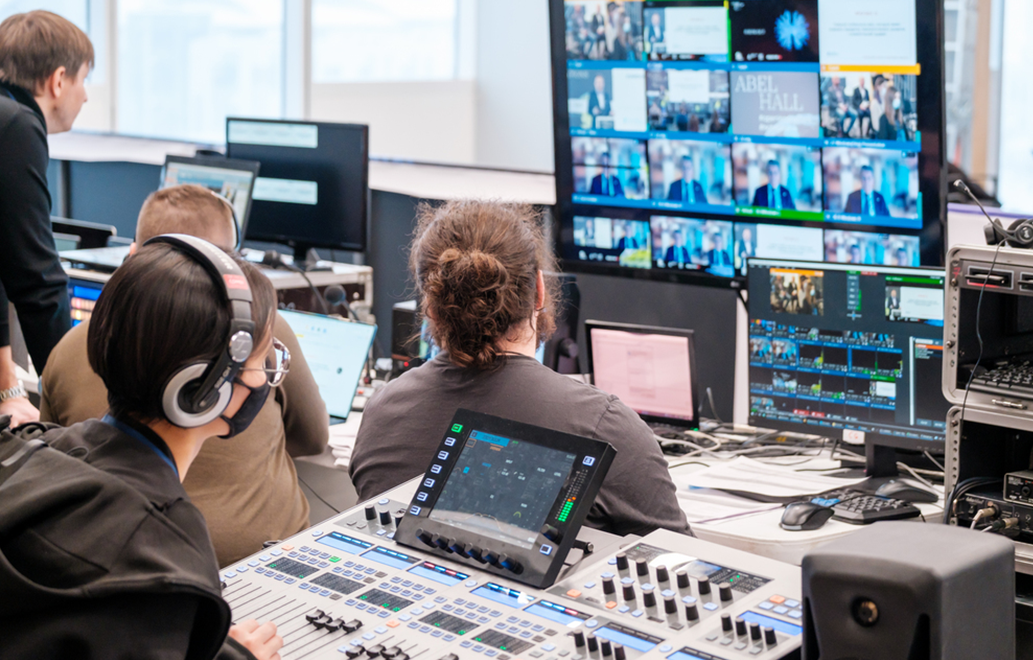
Virtual events have become a staple in the modern business world, offering an efficient and effective way to connect with audiences globally. However, planning a successful virtual event requires careful consideration and attention to detail. Here are the top five mistakes to avoid to ensure your virtual event runs smoothly and achieves your goals.
Lack of Clear Objectives
A critical error often made when planning a virtual event is the lack of clear objectives. Without a well-defined purpose, it becomes difficult to measure the event's success or maintain focus. Establishing objectives is essential as they guide the planning process and ensure that every aspect of the event is aligned with the overarching goals. Whether the aim is to generate leads, educate the audience, or showcase a product, clearly defined objectives provide both direction and purpose.
To avoid this mistake, start by identifying the primary goal of the virtual event. Then, break this overarching goal into specific, measurable objectives. Make sure to communicate these objectives to your team to ensure everyone is working towards the same outcomes.
Inadequate Technology Preparation
Proper preparation for technology is vital for the success of a virtual event. Technical problems can disrupt the event's flow, causing frustration for both organizers and attendees. Common issues include poor internet connectivity, software incompatibilities, and lack of technical support.
To avoid these problems, conduct a thorough check of all technological aspects well before the event. Make sure you have a stable internet connection with backup options in place. Test all software and hardware components to prevent any last-minute issues. Additionally, have a technical support team ready to handle any problems that may arise during the event.
Poor Audience Engagement
Engaging an audience in a virtual setting can be more difficult than in a physical one. Many organizers overlook the importance of interactive elements, which can result in passive participation and disengagement.
To maintain audience engagement, integrate features like Q&A sessions, polls, and breakout rooms into your event. Utilize engaging content, such as videos, infographics, and live demonstrations, to keep the audience's attention. Encourage real-time interaction through chat functions and social media integration, and provide opportunities for networking and group discussions.
Neglecting to Rehearse
Rehearsing is critical to making sure everyone involved in the virtual event is well-prepared and confident. Skipping this step can lead to disorganized presentations, technical issues, and a lack of professionalism.
To avoid these pitfalls, schedule multiple practice sessions so presenters can become familiar with the technology and event flow. Conduct a complete run-through, including all presentations, transitions, and interactive elements. Address any problems that arise during rehearsals to ensure the live event goes smoothly.
Ignoring Post-Event Follow-Up
Disregarding post-event follow-up means missing out on valuable opportunities to gather feedback, nurture leads, and build lasting relationships. The conclusion of the virtual event should not signal the end of audience engagement.
To avoid this mistake, send a thank-you email to all attendees, including a summary of key takeaways and a recording of the event. Provide additional resources and materials to keep the conversation going. Collect feedback through surveys to improve future events, and follow up with leads to continue the engagement and conversion process.
Achieving Success in Virtual Events
By avoiding these common mistakes, you can plan and execute a successful virtual event that meets your objectives and leaves a lasting impression on your audience.
At Multi Image Group, we specialize in creating exceptional virtual events that captivate and engage audiences. Our team of experts is dedicated to ensuring every detail is meticulously planned and flawlessly executed.
Contact us today to learn how we can help make your next virtual event a success.



